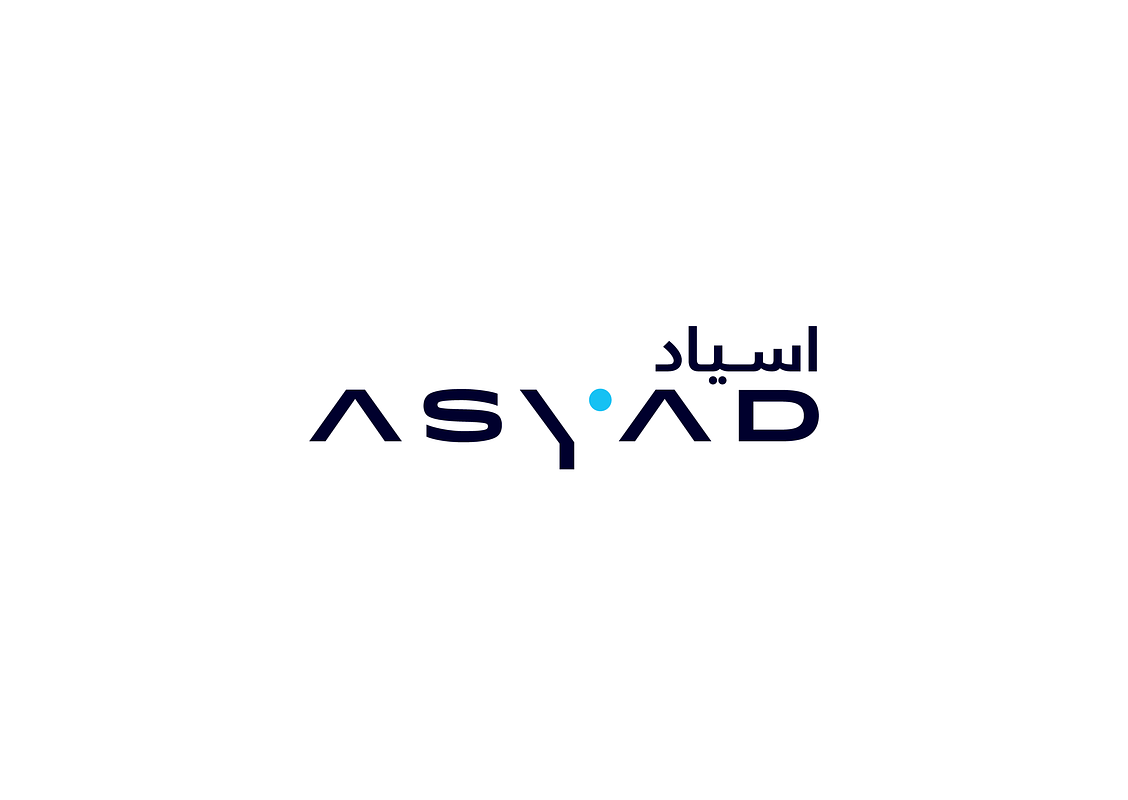
Asyad Group Navigates Energy Transition & Supply Chain Volatility at ADIPEC 2025
Oman’s Asyad Group positions itself as a key enabler for secure & sustainable energy logistics, adapting to a rapidly evolving global landscape at ADIPEC 2025. This article explores their strategy and the challenges ahead.
Asyad Group Navigates Energy Transition & Supply Chain Volatility at ADIPEC 2025
Abu Dhabi, UAE – November 4, 2025 – As the energy sector grapples with geopolitical instability and a sweeping transition towards sustainability, Oman’s Asyad Group is showcasing its integrated logistics capabilities at ADIPEC 2025, positioning itself as a vital link in securing future energy supply chains. Beyond simply transporting resources, Asyad aims to be a strategic partner for energy companies navigating a complex and evolving landscape.
At this year's Abu Dhabi International Petroleum Exhibition & Conference, Asyad is highlighting a network connecting over 215 ports across 42 countries, backed by a fleet of 95 vessels and a commitment to both traditional and next-generation energy solutions. This isn’t just about scale, however; it's about building resilience and flexibility into a system increasingly vulnerable to disruption.
Securing Supply Chains in a Volatile World
The past few years have underscored the fragility of global supply chains, from pandemic-induced bottlenecks to geopolitical conflicts. “Companies are realizing that diversification and redundancy are no longer optional, they’re essential,” says one industry analyst. “Asyad’s broad geographic reach and diversified fleet give them a significant advantage in mitigating these risks.”
Asyad is leveraging its port infrastructure and regional presence to offer tailored solutions for energy companies seeking to reduce reliance on single points of failure. This includes providing alternative routing options, expanding storage capacity, and investing in real-time tracking technology to improve visibility across the entire supply chain.
However, diversification comes at a cost. “Maintaining a diverse network requires significant investment and operational complexity,” notes another industry source. Asyad is addressing this through strategic partnerships and technology adoption, streamlining processes and enhancing efficiency. They are focused on creating a ‘digital twin’ of their logistics network to proactively identify potential disruptions and optimize resource allocation.
Adapting to the Energy Transition
The shift towards cleaner energy sources is reshaping the logistics landscape, demanding new infrastructure and capabilities. Asyad is actively investing in solutions to support the emerging hydrogen economy, recognizing it as a key driver of future growth.
The company is partnering with European energy firms to develop hydrogen transport solutions, focusing on both compressed and liquefied hydrogen. “We’re not waiting for the future to arrive,” stated a company representative. “We're future-proofing our fleet and infrastructure to be ready for the demands of a hydrogen-powered world.”
This commitment extends to other renewable energy sources, including LNG and biofuels. Asyad is expanding its LNG bunkering capabilities at key ports, providing a cleaner fueling option for maritime transport. “Supporting the adoption of cleaner fuels is crucial for decarbonizing the shipping industry,” says a source familiar with the company’s strategy.
While the potential is significant, challenges remain. The infrastructure required to handle hydrogen and other alternative fuels is still in its early stages of development.
